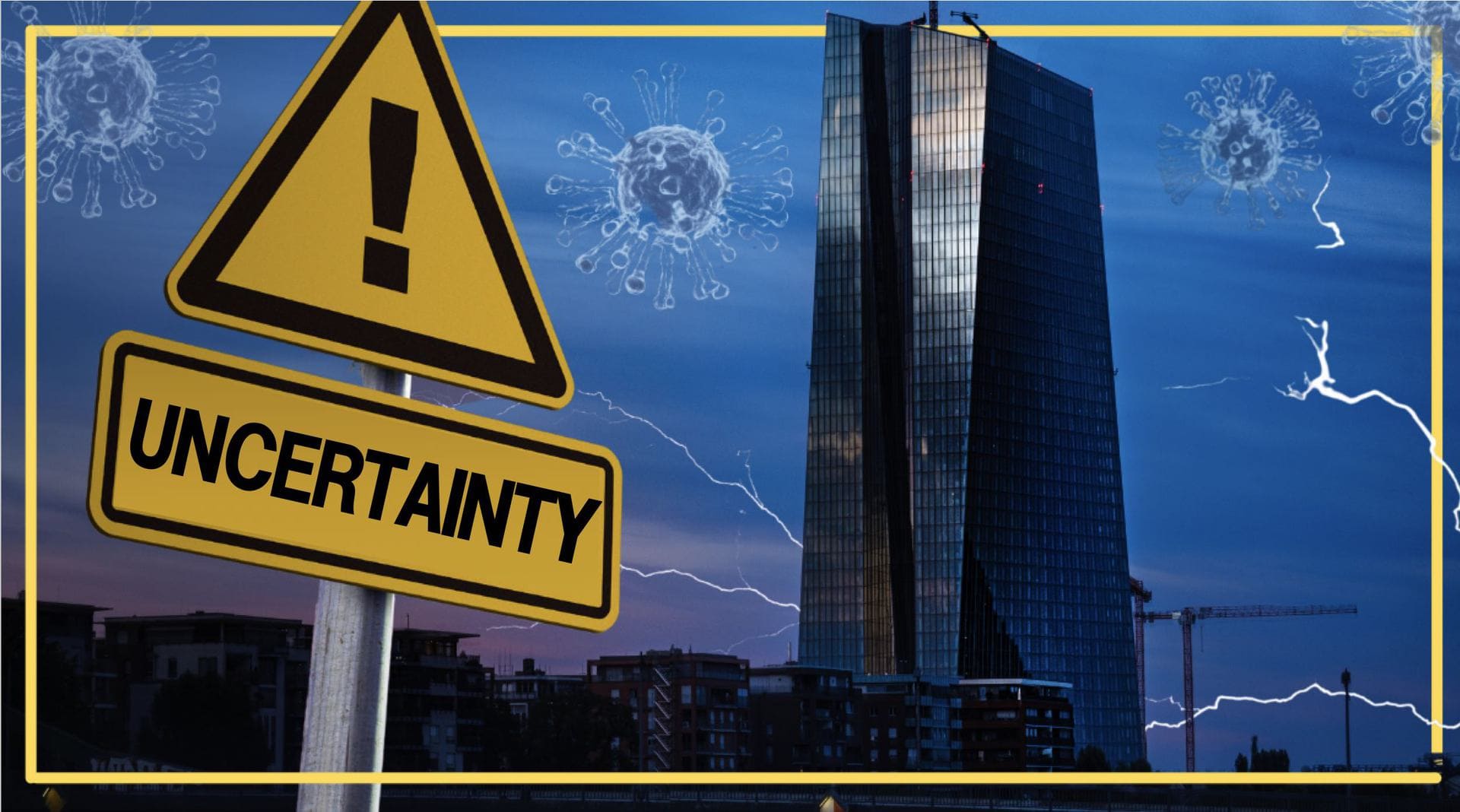Beyond the picturesque architecture and cobbled streets of Tallinn – Estonia’s vibrant capital city – activity is abuzz.
Speak to proud locals, and they’ll tell you that Tallinn can compete with big hitters Prague and Krakow in the tourism stakes. But lesser known is the city’s prominence in the digi-scape – a factor that accounts for plenty of visitor traffic.
Just a couple of decades ago, Estonia underwent something of a transformation, shaking its reputation as a former outpost of the Soviet Union and leading the charge in an e-revolution.
The country was perhaps ahead of the times, rejecting the notion of computer programming as ‘uncool’ and instead embracing it as a way to elevate the tiny nation to the world’s competitive economic stage.
Former President of Estonia Toomas Hendrik takes some credit for the success of this approach. He tells of reading “a neo-Luddite, neo-Marxist book called The End of Work, by Jeremy Rifkin. He was completely against new technology”. Rifkin used the example of a Kentucky steel plant that was automated and computerised to highlight how technology had made several thousands of workers redundant.
“This may be bad if you are an American,” says Hendrik. “But from an Estonian point of view, where you have this existential angst about your small size – we were at that time only 1.4 million people – I said this is exactly what we need.”
With that, the country really began to go digital. Estonia became e-Estonia – a moniker that has persisted and which characterises the nation’s approach to technology. By 2014, the country had become the first to offer e-Residency –
a government-issued official identity that enables entrepreneurs around the world to set up and manage a location-independent business, 100% online and with no local director required.
There are palpable overtones of technology within Estonian entrepreneurialism and, in Tallinn especially, investment in this area is evident. Take TransferWise, for example. In 2015, the Estonian-founded (and now London-based) Fintech enterprise received $58 million in investment from Silicon Valley-based venture capital firm Andreessen Horowitz. TransferWise used the cash injection to accelerate the company’s global roll-out, and in April this year it became the first non-bank to gain access to a central part of the UK’s payments infrastructure, Faster Payments.
Estonia is fertile ground for Fintech start-ups. Change, a Blockchain-based mobile finance app, has received almost $18 million in funding and is expanding globally, with ambitions of bringing cryptocurrencies to the masses. Speaking to BBC World in late 2017, CEO Kristjan Kangro said, “In two to three years, cryptocurrencies will be used just as your fiat currencies, and this is what Change is trying to do.”
Elsewhere, companies such as Pocopay, which simplifies banking for the digital generation, have grown popular with millennials. Other successful Estonian start-ups include Admiral Markets, previously voted Best Forex Broker in the Baltic Region; Investly, a peer-to-peer finance platform for SMEs; and Bondora, which shares investment opportunities with those who wish to lend money to certified borrowers.
Notably, Tallinn hosted last year’s international Fintech Forum. Prominent Fintech players and digital market experts were in attendance to discuss how to scale-up, expand and support financial technology companies throughout Europe.
Yet for all its activity, there is some concern about Estonia’s ability to retain local talent, with the bright lights of nearby Finland and Sweden luring many away. Is the country’s digital landscape evolving quickly enough to convince young startups to stay?
Certainly, Estonia is taking steps in the right direction. In March, Tallinn hosted the Blockchain and Bitcoin Conference. And in May, the country will host Latitude59, a flagship start-up and technology conference that unites the Baltic, Central and Eastern Europe and Nordic tech ecosystems and provides a platform for entrepreneurs, investors and leaders to connect. Last year’s event welcomed more than 2,000 participants, including 200 investors from destinations as far-flung as the United States and Japan.
Estonia is also making headlines away from events, with rumours that it plans to launch a digital token backed by the Euro.
There are rumours, too, that Satoshi Nakamoto, the anonymous designer of Bitcoin who created the original reference implementation of the cryptocurrency and devised the first Blockchain database, is actually from Estonia.
True or otherwise, it is conceivable that such a person could be Estonian. The country ranks third in Europe for start-ups per capita, boasts a high-functioning digital society, and offers the warmest of welcomes to entrepreneurs from around the world that wish to be part of one of the smallest, but liveliest, start-up communities in Europe.
















One Response